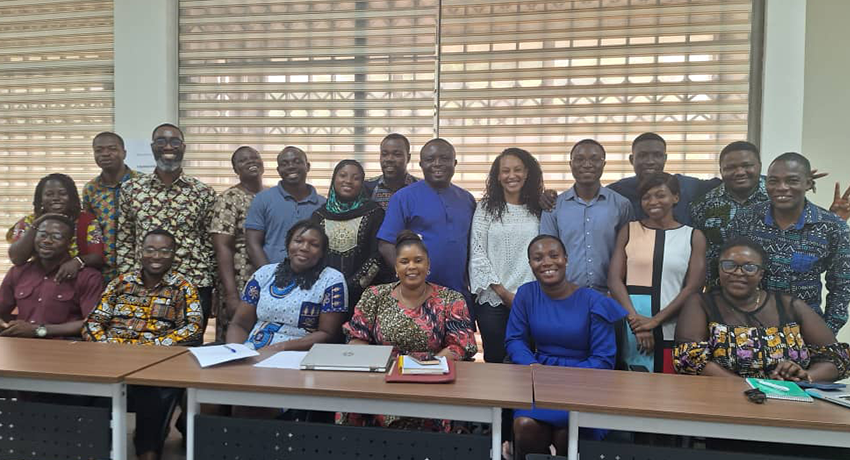Participants included students from five universities, highlighting ISSER's commitment to advancing research excellence across Ghana's academic landscape.
Doctoral students from five universities across Ghana have successfully completed a research methodology masterclass aimed at strengthening their methodological skills and advancing their PhD journeys. The session marks the third run of the Research School on Sustainable Development and Poverty Reduction, a collaborative initiative led by ISSER, the School of Research and Graduate Studies of the University of Ghana, and international partners including Lund University, University of Gothenburg, and Uppsala University. The programme aims to foster high quality, interdisciplinary doctoral research in sustainable development.
Participants, numbering 21, included students from the University of Ghana (UG), SD Dombo University of Business and Integrated Development Studies (SDD UBIDS), Kwame Nkrumah University of Science and Technology (KNUST), the University of Cape Coast (UCC), and the Millar Institute for Transdisciplinary and Development Studies (MITDS), highlighting ISSER's commitment to advancing research excellence across Ghana's academic landscape.
"The research school has been truly transformational. It equipped me with tools to develop my unique academic voice. As someone primarily versed in quantitative methods, learning qualitative approaches was eye-opening," shared Augustine Kowfie, a PhD student in Agricultural Economics at UCC.
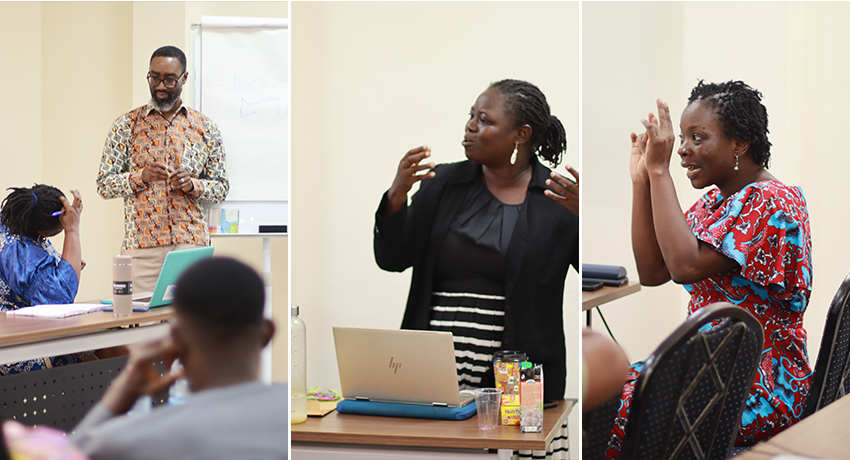
Other participants also shared positive feedback, praising the programme for its transformative impact on their academic pursuits.
"The research methodology masterclass provided deep insights into both quantitative and qualitative methods. The training was comprehensive, laying a solid foundation that will guide my PhD research and academic career," said Theodora Kamkpi from MITDS.
Gifty Opoku-Agyeman of KNUST added, "This programme has been enlightening. I appreciated the clarity on qualitative research, dispelling misconceptions. It promised usefulness and delivered. I'm grateful for the experience and the exceptional facilitators."
"I've gained insights into how social desirability responses can influence research findings and outcomes, particularly in terms of methodology and data collection," shared Abraham Adongo, a PhD candidate at ISSER.
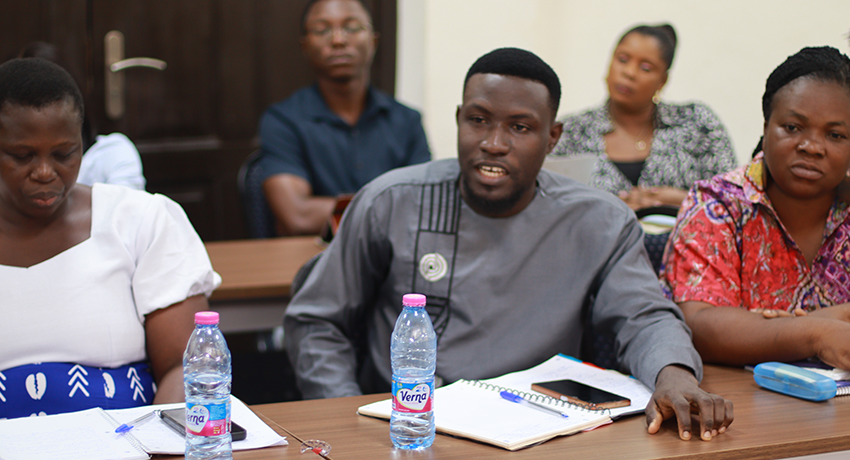
In addition to ISSER's collaboration with international universities, the Research School on Sustainable Development and Poverty Reduction benefited from experienced researchers from ISSER and the Department of Sociology at the University of Ghana, highlighting the value of collaborative efforts in achieving impactful results.
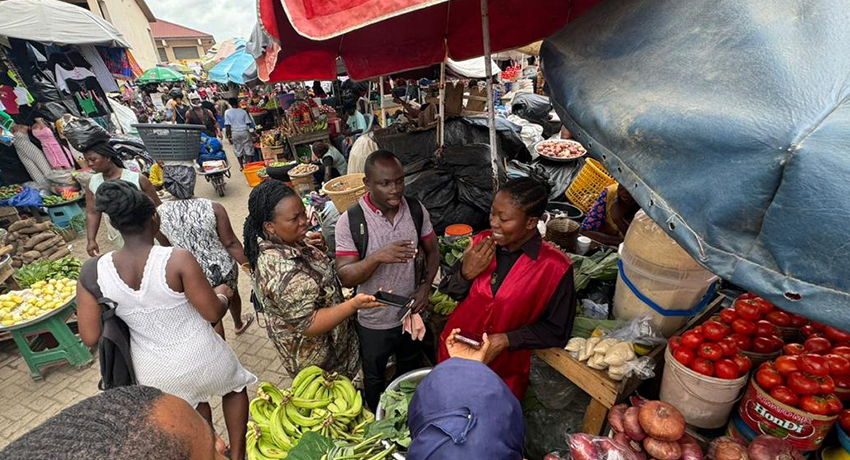
Beyond lectures and practical sessions, a key aspect of the programme was fostering collaboration and networking among participants. Facilitators encouraged maintaining professional connections forged during training, recognizing their critical role in advancing research and academic careers.
"For three consecutive years, doctoral students in Ghana have benefited immensely from this collaborative initiative, receiving top-tier training and gaining diverse perspectives. We are grateful to Lund University, the University of Gothenburg, Uppsala University, and our dedicated facilitators for their invaluable contributions in harnessing our collective strengths to drive impactful research and advance sustainable development goals, “noted Prof. Fred Dzanku of ISSER, the lead researcher.
The third Research School on Sustainable Development and Poverty Reduction was held from 18 to 21 June, 2024 at ISSER.
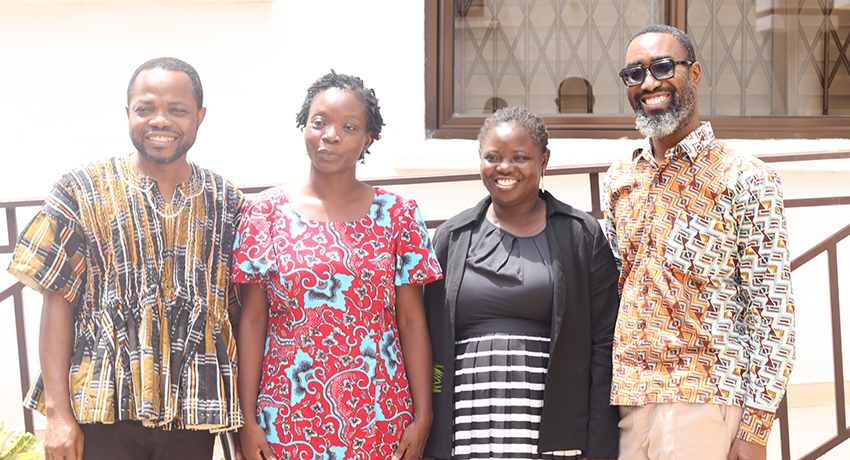
This report was posted on 27 June and updated on 28 June to reflect that there were 21 participants, not 20 as previously reported.
- Log in to post comments

